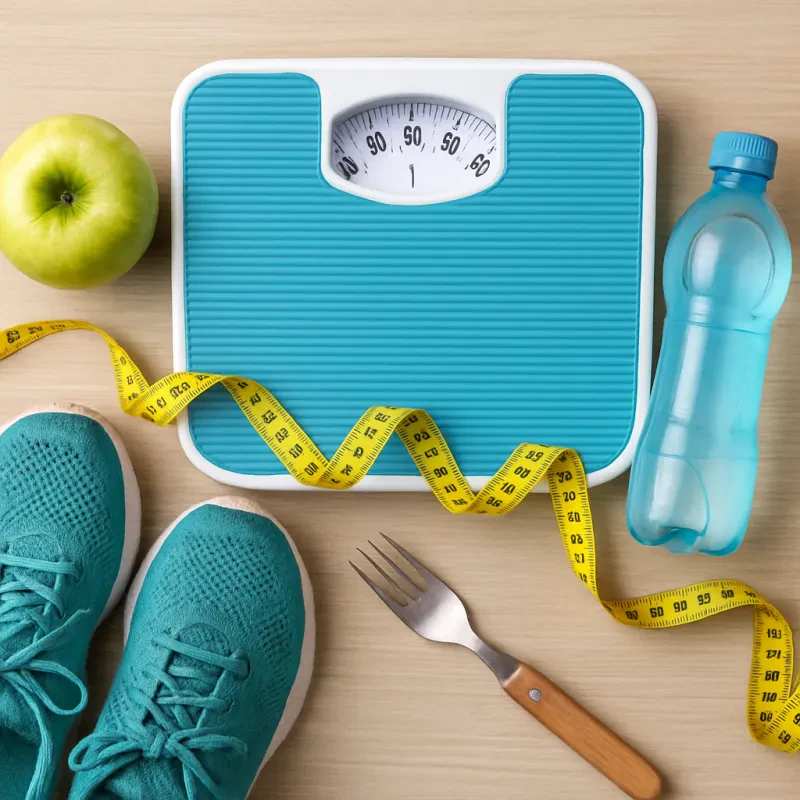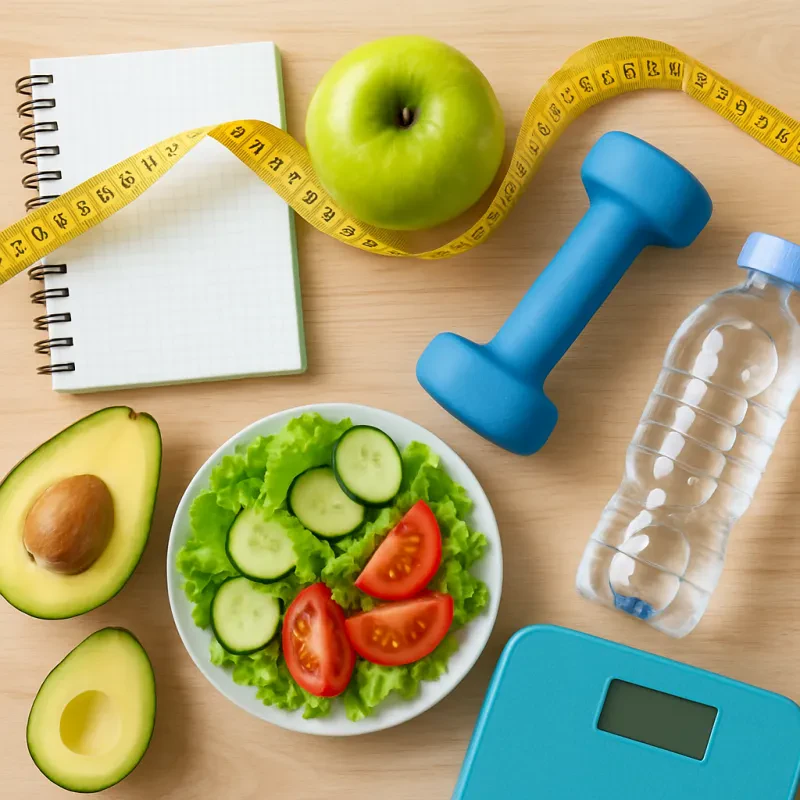While weight loss drugs can offer some benefits, they come with certain limitations that users should be aware of. First and foremost, these medications are not magic pills. They often work best when combined with a healthy diet and regular exercise. Individuals may find that, despite taking weight loss drugs, they need to put in the effort elsewhere to achieve their weight loss goals. This means that relying solely on these medications can lead to disappointment.
Another significant limitation is the potential for side effects. Weight loss drugs can cause a range of reactions, from mild issues like nausea to more serious complications. These side effects can deter some people from staying on the medication long enough to experience any real benefits. It's crucial for users to consult with a healthcare professional to fully understand the risks associated with any prescribed weight loss drugs.
Moreover, weight loss drugs do not address the underlying psychological or behavioral factors that contribute to weight gain. Many people struggle with emotional eating or unhealthy lifestyle habits, and these issues require more than just medication to resolve. For long-lasting weight loss, it's essential to adopt a holistic approach that includes mental and emotional support alongside the use of weight loss drugs.
Finally, weight loss drugs can be costly and are not always covered by insurance. This financial burden can make it challenging for individuals to access the medications consistently. In addition, some weight loss drugs are intended for short-term use, which means users may need to cycle through different medications, further complicating their weight loss journey. Understanding these limitations can help individuals set realistic expectations for their weight loss efforts.
Focusing on Healthy Lifestyle Choices
A nutritious diet plays a crucial role in weight management. Incorporating plenty of fruits, vegetables, whole grains, and lean proteins can help nourish your body and provide the energy you need for daily activities. Instead of relying solely on weight loss drugs, try planning meals that are both delicious and healthful. Simple swaps, like choosing water over sugary drinks or opting for baked foods instead of fried, can make a big difference.
In addition to nutrition, staying active is vital for fostering a healthy lifestyle. Regular physical activity not only burns calories but also strengthens the heart and improves mood. Whether it’s walking, dancing, or participating in sports, find activities you genuinely enjoy. The key is to stay consistent and make exercise a fun part of your daily routine, rather than a chore.
Finally, don’t underestimate the importance of mindfulness and self-care. Stress management techniques, such as meditation or yoga, can aid in maintaining a healthy weight. Managing stress effectively reduces “emotional eating” and helps to build a more positive relationship with food. By focusing on healthy lifestyle choices, you can complement any efforts involving weight loss drugs and pave the way to a happier, healthier you.
Understanding the Importance of Nutrition
Nutrition plays a pivotal role in our overall health and well-being, especially when it comes to weight management. While weight loss drugs may seem like an appealing quick fix for shedding pounds, they cannot replace the essential benefits of a balanced diet. Good nutrition provides our bodies with the necessary nutrients, vitamins, and minerals that support not only weight loss but also our overall health.
Eating a variety of whole foods, such as fruits, vegetables, lean proteins, and whole grains, helps to fuel our bodies effectively. These foods are often low in calories but high in essential nutrients, making them ideal for anyone looking to lose weight. Unlike weight loss drugs, which may come with unwanted side effects, a healthy diet can lead to sustainable habits that improve both physical and mental health over time.
Understanding the importance of nutrition also means recognizing how it affects our metabolism. The foods we choose to eat can influence how our bodies process energy and burn fat. By prioritizing nutrient-dense foods, we can enhance our metabolic rates and support our weight loss efforts without relying solely on weight loss drugs.
Moreover, good nutrition fosters a positive relationship with food. When we focus on nourishing our bodies rather than restricting ourselves, we can develop healthier eating habits and improve our overall quality of life. Instead of looking for an easy solution through weight loss drugs, embracing a wholesome diet can lead to more significant and lasting changes in our health.
Exercise: A Key Component for Success
Exercise plays a vital role in achieving and maintaining a healthy weight. While weight loss drugs can help some individuals shed pounds, they are not a complete solution. Regular physical activity not only helps burn calories but also boosts metabolism, builds lean muscle, and improves overall health. Incorporating exercise into your routine can enhance the effectiveness of any weight loss efforts.
When you engage in physical activity, your body requires more energy, which means it burns more calories. This calorie deficit can complement the effects of weight loss drugs, leading to better outcomes. Additionally, exercise releases endorphins, often referred to as "feel-good" hormones. This helps combat the emotional challenges that can arise during a weight loss journey, making it easier to stick to a regimen.
It’s essential to find enjoyable activities that you can sustain over time. Whether it’s walking, swimming, cycling, or dancing, the key is to stay active and make it a part of your daily routine. Even small changes, like taking the stairs instead of the elevator or going for a short walk during lunch breaks, can significantly contribute to your fitness goals. Remember, while weight loss drugs can assist in your journey, they should never replace the benefits of a consistent exercise routine.
Moreover, combining exercise with a balanced diet can yield even better results in your weight loss efforts. Nutritional choices work hand in hand with physical activity to create a holistic approach to health. While weight loss drugs may provide an initial boost, developing healthy habits through exercise is essential for long-term success and sustainability. Prioritizing physical activity alongside any medication will ultimately help you achieve your weight management goals.


